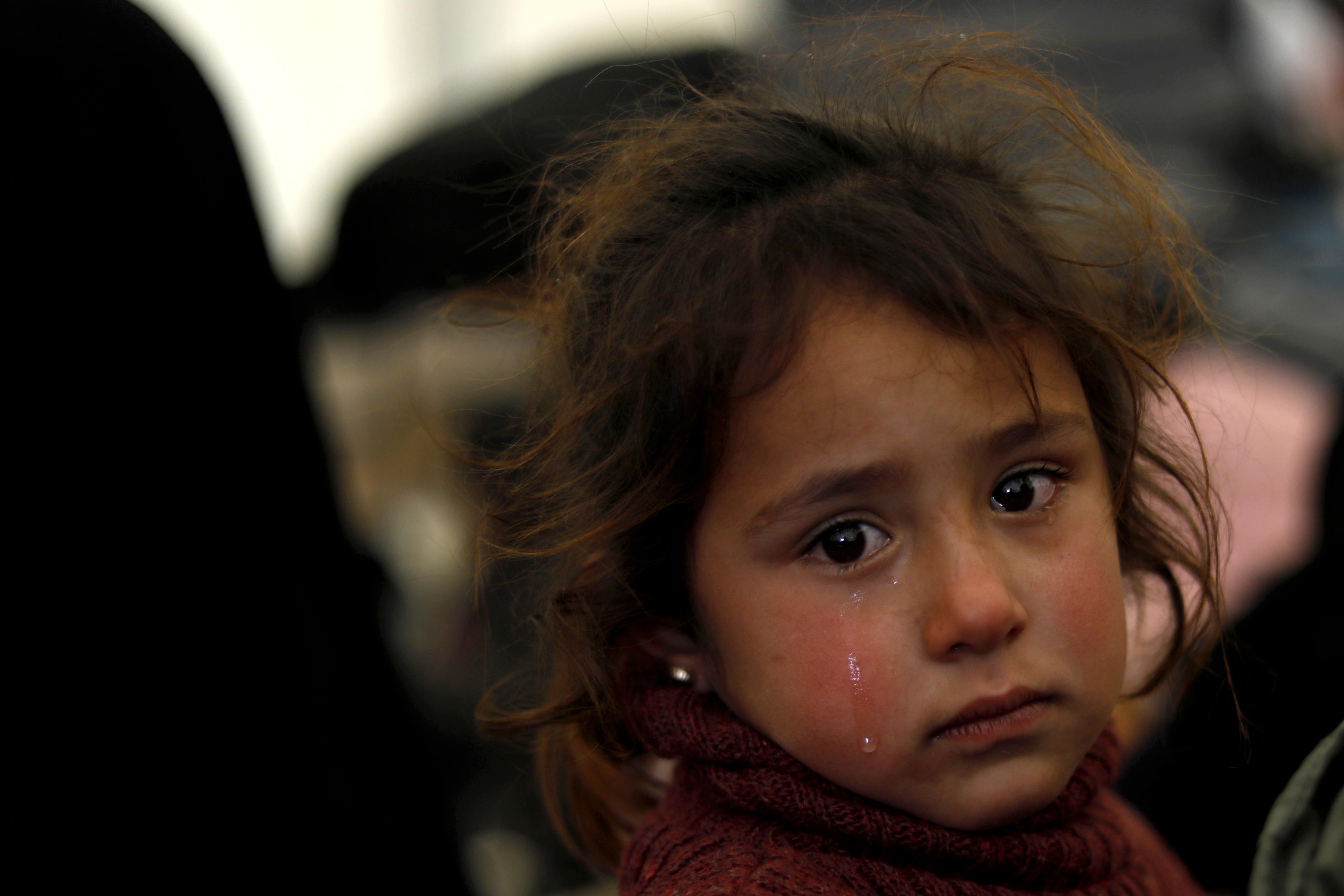
Source: AFP
Paul Antonopoulos
With Western and Gulf Arab powers investing hundreds of billions of dollars into toppling Syrian President Bashar al-Assad from power, it seems that the tragic war that has gripped the country since 2011 is seeing the beginning of the end – and it did not play out the way the aggressors had expected.
No amount of sustained aid to Al-Qaeda affiliates, bombing of Syrian military positions or harsh media campaigns has been able to achieve the results in Syria that they wanted: the removal of an independent and sovereign leader; severed relations with Iran, Hezbollah and the Palestinian resistance; Qatari and Saudi pipelines to dissect the country; and, corporate control of the country’s natural resources.
It must appear obvious by now that every bit of aid given to terrorist groups in Syria only continues to prolong the suffering in Syria that has seen over half a million people killed, millions wounded and millions becoming refugees. Every leader who opposed Assad pronounced that he was to fall in the early years of the war. It was expected that Assad would quickly fall just as Libya’s Gaddafi had in 2011, however, unlike an isolated Gaddafi, Assad had allies to rely upon, primarily Hezbollah, Iran and Russia. And even where Western meddling found so-called success in its interventions, i.e. Afghanistan, Iraq and Libya, only death, destruction and instability has followed.
However, the key difference Syria has with Afghanistan, Iraq and Libya is that the government will be preserved despite the heavy investments into regime-change. Once the war is finished, Syria will not be gripped with the same issues plaguing Afghanistan, Iraq and Libya, as the central government will be preserved.
The beginning of 2018 saw ISIS hold large swathes of territory in southern, central and eastern Syria, however, it now only holds onto a small pocket near the Iraq border. The self-declared Caliphate that once held territory larger than the size of many European countries is now a shadow of its former self. This is largely thanks to the combined efforts of the Syrian Army, Palestinian militias, Hezbollah, Iranian military advisors, Afghani and Pakistani volunteers, and the Russian Air force. This effort to defeat terrorism also saw other jihadi groups lose large areas of control, with them now just being reduced to a small area in northern Syria.
Effectively, it was expected that Syria would capitulate, not only from the pressures of violence, but also economically from the severe sanctions placed on the country by Western powers. However, it has been shown that the sanctions have been ineffectual as Syria has the backing of economic powerhouses, Russia and China. This comes at a time when the US unipolar order is being challenged by Russia and China who envision a multipolar global system. With the US debt approaching $22 trillion, and $1.5 trillion spent on wars against Afghanistan, Iraq and Syria since 2001, Washington continually finds it difficult to maintain its military monopoly across the world.
Crippling debt in the US will see it continually scale down its operations in Syria, meaning that terrorist groups who relied on Washington’s aid, weaponry and intelligence, will no longer have the same support they once did. This scale down will see their eventual capitulation to the Syrian Army and their allies. The inevitable Syrian victory will mark the first time a Muslim country has successfully resisted imperialist aggression since the so-called “War on Terror,” or more accurately the War “of” Terror, that began in 2001.
It comes at an especially important time as Washington increasingly finds itself isolated in the Muslim world. With Syria preserved, it means Iran has successfully resisted efforts to have it isolated. However, the US removal of Saddam Hussein, a sworn enemy of the Islamic Republic, also saw Iran make significant progress in having influence in Iraq. In addition, the war of words between US President Donald Trump and Pakistani Prime Minister Imran Khan, in which the latter skilfully highlighted that Pakistan has suffered tens of thousands of casualties fighting in the War on Terror and losing over $123 billion in the economy to only receive a poultry $20 billion in US aid and be accused of “doing nothing,” will push Pakistan further towards Russia and China. There are several examples of once pro-US states moving further away from Washington, with the expected exception of Saudi Arabia.
The aggressive actions of Washington to preserve the unipolar world order have only seen it become further isolated as states gravitate towards Russia and China. The continued isolation of the US will see Syria become less and less of a priority for Washington. And in this lies the key. President Assad has always maintained that once external support for jihadists in Syria has ended, the war in Syria will end as well. With Russia and China resurging to become world powers once again, the US support for jihadists in Syria will diminish as others areas of global rivalry take priority.
Although the war did not end in 2018, and probably will not in 2019, this year will be marked as the beginning of the end. ISIS has virtually been defeated, Al-Qaeda in northern Syria holds onto one last bastion, US debt increases, Trump continues to isolate the US from former allies like Pakistan, and China and Russia continue their long march towards multipolarity. Things have never looked worse for Washington in this part of the world.
Paul Antonopoulos is a Research Fellow at the Center for Syncretic Studies.




